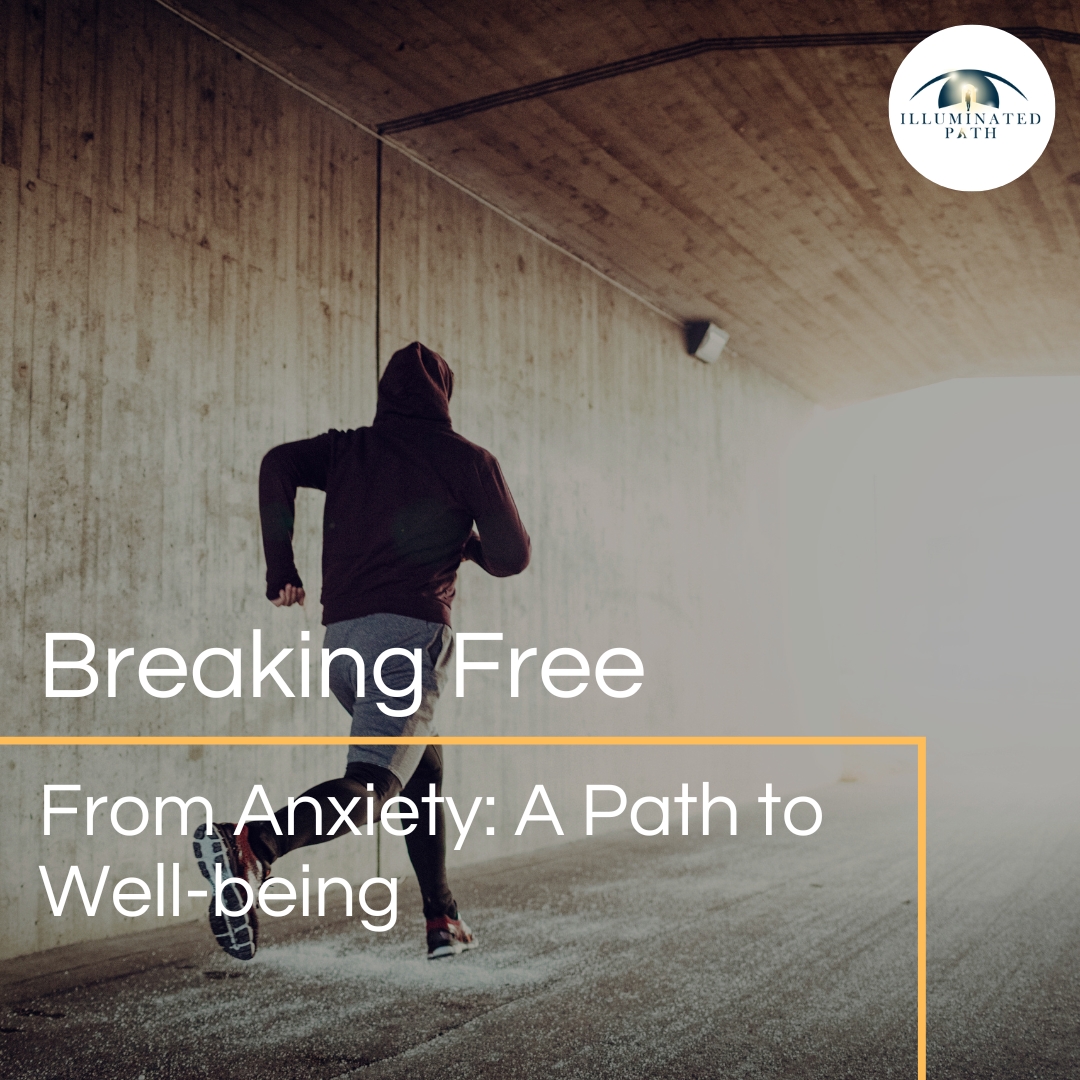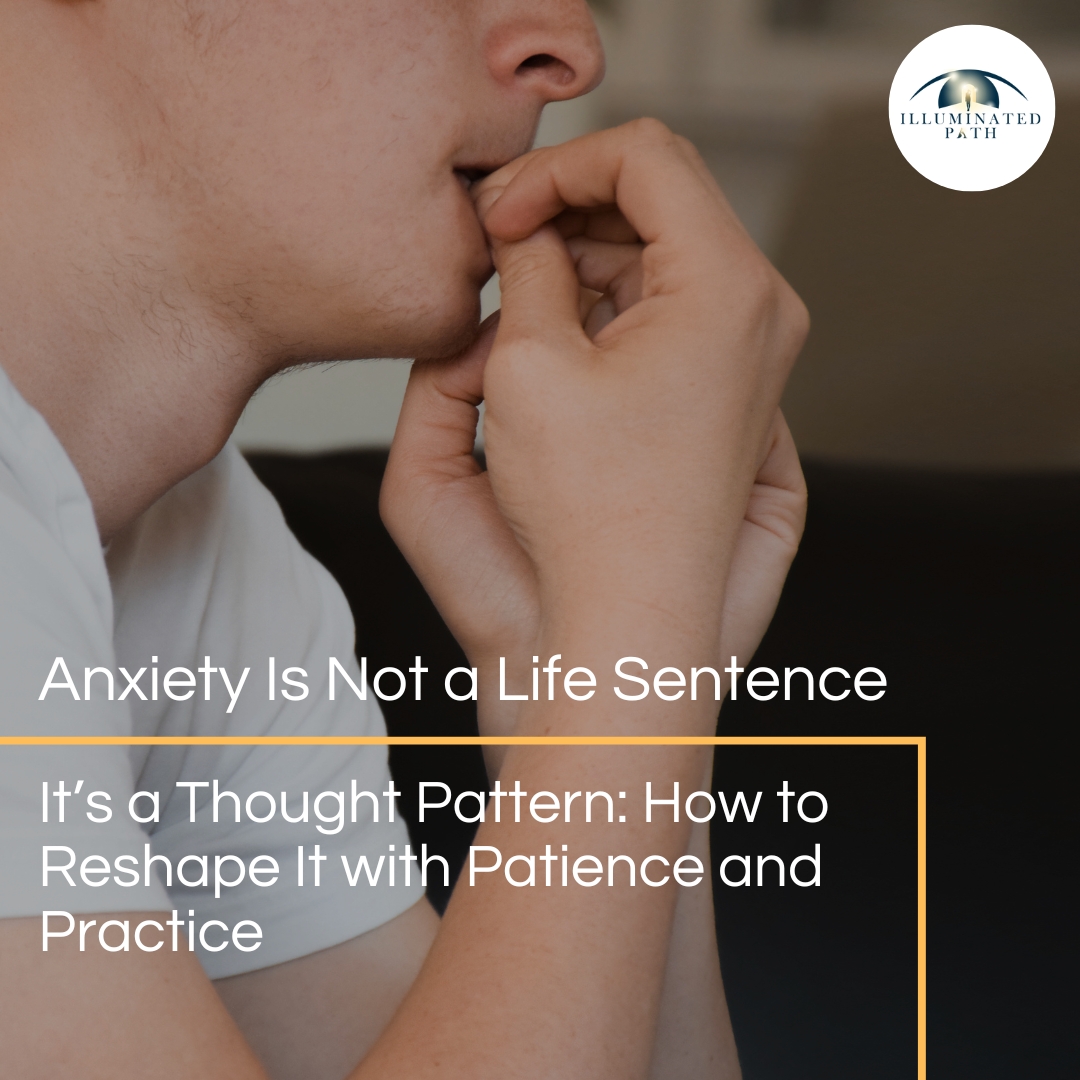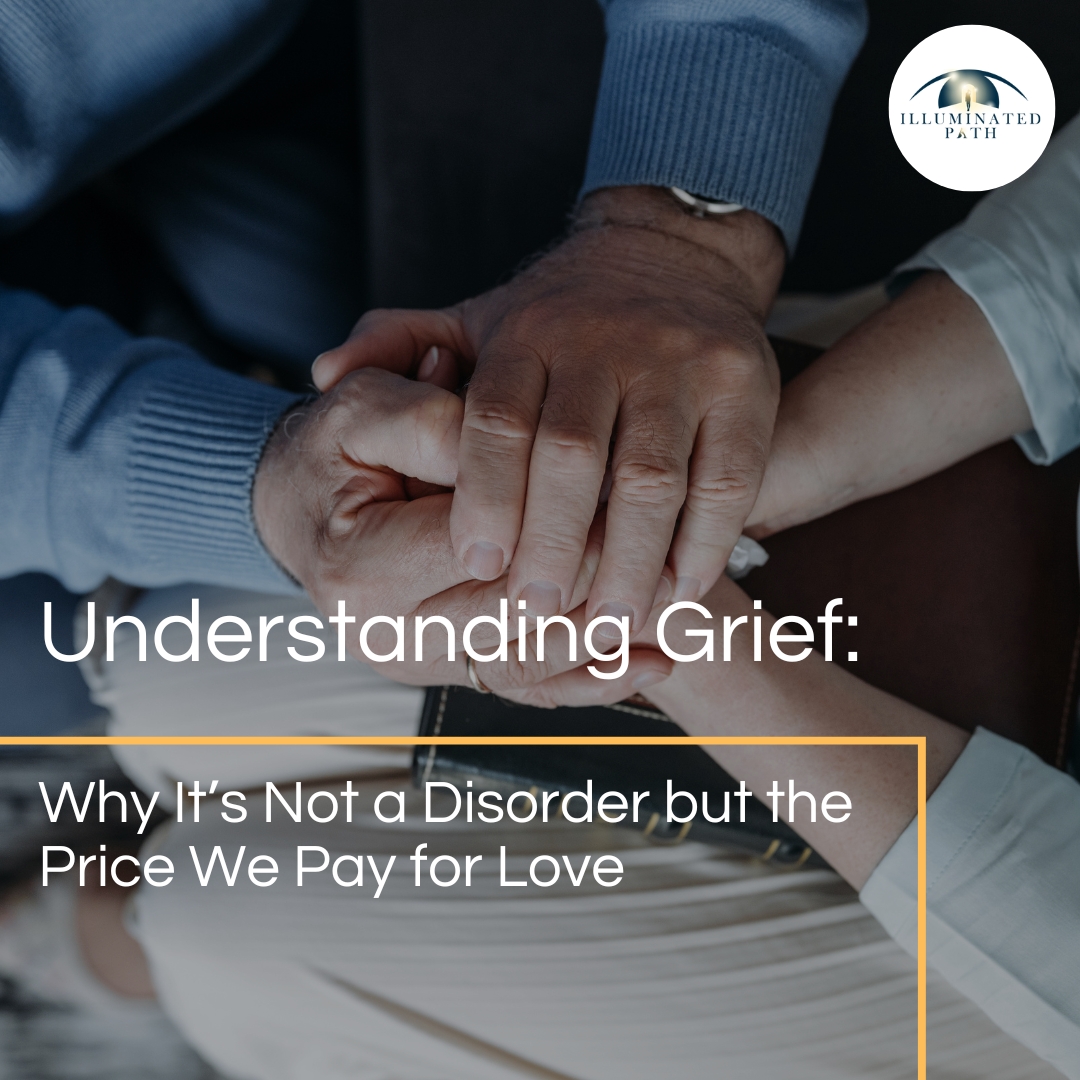
Anxiety. It’s a word that’s become increasingly commonplace in our everyday conversations, a feeling that many of us know all too well. But what exactly is anxiety, and how can we distinguish between the normal anxieties of life and a disorder that requires attention?
At its core, anxiety is a natural human response to stress or perceived threat. It’s that feeling of unease, worry, or fear that we experience when faced with a challenging situation. In moderate amounts, anxiety can be beneficial, motivating us to take action and prepare for challenges. However, when anxiety becomes excessive, persistent, and interferes with our daily lives, it can signal an anxiety disorder.
The Prevalence of Anxiety Disorders: A Global Concern
Anxiety disorders are among the most common mental health conditions worldwide. According to the World Health Organization (WHO), an estimated 301 million people globally were living with an anxiety disorder in 2019, with women being disproportionately affected. (Source: WHO, Mental Health in a world of inequality: Report. 2021.) This number has likely risen since the COVID-19 pandemic, which introduced new stressors and uncertainties into people’s lives.
In the United States, data from the National Institute of Mental Health (NIMH) reveals that an estimated 19.1% of U.S. adults experienced an anxiety disorder in any given year. (Source: NIMH, Anxiety Disorders. 2023). This highlights the significant impact of anxiety on individuals, families, and communities.
These disorders manifest in various forms, including Generalized Anxiety Disorder (GAD), characterized by excessive worry about everyday events; Panic Disorder, involving recurrent panic attacks; Social Anxiety Disorder (SAD), marked by intense fear of social situations; Specific Phobias, involving fear of specific objects or situations; and Separation Anxiety Disorder, characterized by anxiety about separation from loved ones.
Understanding the Roots of Anxiety
Anxiety disorders are complex, and their development is influenced by a combination of factors. Genetics can play a role, with research suggesting that anxiety disorders can run in families. Brain chemistry imbalances, particularly in neurotransmitters like serotonin and norepinephrine, can also contribute.
Life experiences, such as traumatic events or stressful circumstances, can trigger or worsen anxiety. Additionally, learned behaviors and personality traits, like neuroticism and perfectionism, can increase vulnerability.
Recognizing the Symptoms
Anxiety manifests in diverse ways, affecting individuals physically, emotionally, and behaviorally. Physical symptoms may include a rapid heartbeat, sweating, trembling, shortness of breath, muscle tension, headaches, fatigue, and sleep disturbances.
Emotionally, anxiety can manifest as excessive worry, restlessness, irritability, feeling overwhelmed, fear of losing control, and difficulty concentrating. Behaviorally, it can lead to avoidance of situations, procrastination, social withdrawal, restlessness, and difficulty with daily tasks.
The Impact of Anxiety on Daily Life
Anxiety disorders can significantly impact an individual’s quality of life. They can strain relationships, leading to conflict and isolation. Anxiety can also impair concentration and productivity, affecting work or school performance.
Chronic anxiety can contribute to physical health problems, including cardiovascular disease and digestive issues. Socially, anxiety can lead to withdrawal and difficulty engaging in activities.
Seeking Help and Managing Anxiety
The good news is that anxiety disorders are treatable. Effective options include psychotherapy, such as Cognitive Behavioral Therapy (CBT), which helps individuals identify and change negative thought patterns and behaviors.
Medication, including antidepressants and anti-anxiety drugs, can also be helpful. Lifestyle changes, like regular exercise, a healthy diet, and sufficient sleep, can contribute to anxiety reduction.
Mindfulness and relaxation techniques, such as meditation, deep breathing, and yoga, can promote calmness and reduce anxiety.
The Importance of Anxiety Awareness
Raising awareness about anxiety disorders is crucial for several reasons. It helps reduce stigma, encouraging people to seek help without shame. Early intervention is key to preventing anxiety from becoming chronic, and awareness promotes mental health literacy, empowering individuals to recognize symptoms.
Creating supportive environments in families, schools, and workplaces can help individuals with anxiety feel safe and understood.
Anxiety is a common human experience, but it doesn’t have to control your life. With awareness, understanding, and appropriate support, you can learn to manage anxiety and live a fulfilling life.

The Author
Dr. Shadi Souferian Psy. D.
Licensed Clinical Psychologist
Therapist And Psychologist in Los Angeles And Beverly Hills.






